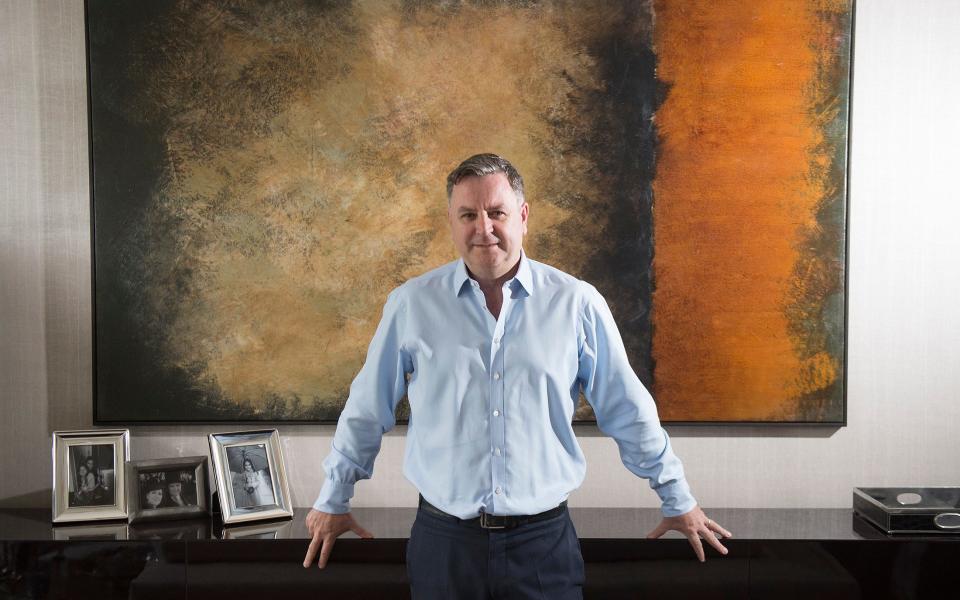Tories must cut tax before next election, says Treasury committee boss

The Conservatives are in a “painful place” after Boris Johnson’s latest £36bn tax raid and should consider reversing hikes before the next general election, Treasury Select Committee chairman Mel Stride has said.
The MP’s intervention comes as Chancellor Rishi Sunak looks to impose a straitjacket on Whitehall in next month’s spending review after the fight against Covid triggered the highest deficit since the Second World War.
Mr Stride said he was a “pragmatist” as the Government searches for revenues to fund the NHS and social care in the wake of the pandemic, but added: “I don’t want us to be a party and a government that is putting up taxes, particularly on business.”
He said: “There are things that the Government’s doing that I think are important, and pro-business, but this is a very painful place.”
The National Insurance rise breaches the Conservatives’ 2019 election manifesto and is due to hit next April as freezes to tax thresholds also hit take home pay. Corporation tax rises on business are due to follow a year later, pushing the tax burden as a share of GDP to 35.5pc - the highest for more than 70 years.
The former minister told The Telegraph: “It’s never good to break a manifesto pledge, and this isn’t the only one that has been broken. But I suspect, and it’s difficult to predict the future, that come the next election, if we have turned the corner if, for example, we’re in a position to start reducing some taxes, the electorate might say ‘look, these were extraordinary circumstances’.”
Mr Stride added that he would look at cutting the taxes that “they recently had to put up, so things around business, around dividends”.
He said: “Tax increases that are getting in the way of investment, getting in the way of employment and growth, would be the ones that I would instinctively look at.”
Inflation threat 'consistently undercooked'
But the committee chairman is also “slightly queasy” about rising inflation after the Consumer Prices Index hit 3.2pc in August, marking its highest level for almost a decade. The Bank of England expects inflation to peak at 4pc this year as supply bottlenecks and labour shortages come up against a surge in demand fuelled by billions in pandemic savings.
Mr Stride said the Bank of England’s assessment of the inflation threat “has been consistently undercooked”. He added that the Chancellor would be cautious about a “disaster scenario” where rate-setters are forced to tighten policy in response to spiralling wages and send the Government’s debt interest bill soaring higher.
He said: “Under those circumstances this great debate over whether the Bank of England is independent will be truly put to the test, because under those circumstances in pursuit of their remit they will have to be unwinding QE presumably and raising interest rates, and doing things that are not overly helpful to the Government in the short term. If we end up in that position it could be very, very, very difficult. That is a dark place.”
Rain Newton-Smith, chief economist at the CBI, added that she was getting “more concerned” over inflation.
She added: “We are getting more and more questions from members, we see the skill shortages, the supply shortages, hitting so many different sectors of the economy. It feels like every month we go by and every week or two, there are more and more indicators starting to surprise on the upside.”
